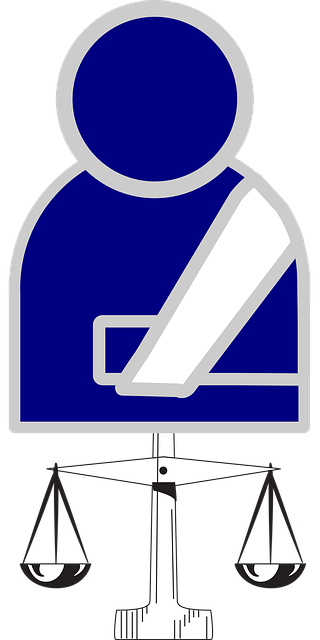Motorcycle accidents pose significant risks of severe spinal cord injuries (SCIs), caused by impact forces during crashes leading to partial impairment or complete paralysis. Understanding these injuries is vital for riders and families, aiding in medical management and legal actions like wrongful death claims or injury settlements. Inexperienced riders and lack of protective gear increase vulnerability, with head-on and rear-end collisions posing high risks of spinal damage. Proper care, rehabilitation, and support from healthcare professionals are crucial for managing short-term symptoms and long-term challenges, including physical, psychological, and emotional impacts.
Motorcycle accidents can lead to devastating injuries, among which spinal cord injuries (SCIs) are particularly severe. This article delves into the complex world of SCI in motorcycle crashes, exploring their causes and far-reaching effects. Understanding these aspects is crucial for both victims and healthcare professionals. By examining common accident scenarios and the diverse outcomes, we aim to highlight the importance of awareness, safety measures, and comprehensive care for those affected by these life-altering events.
- Understanding Spinal Cord Injuries in Motorcycle Crashes
- Common Causes of Motorcycle Accidents Leading to Spinal Damage
- Short and Long-Term Effects of Spinal Cord Injuries Post-Accident
Understanding Spinal Cord Injuries in Motorcycle Crashes

Spinal cord injuries (SCIs) are a significant concern in motorcycle accidents due to the high-risk nature of motorcycling. When a rider is involved in a crash, the force of impact can lead to damage or trauma to the spinal cord, which runs through the vertebrae of the spine. This vital nerve bundle facilitates movement and sensation below the level of injury, making SCIs particularly devastating.
Motorcycle accidents causing SCIs can occur due to various factors, including loss of control, collision with another vehicle, or hitting a fixed object. The severity of the injury varies, ranging from partial impairment to complete paralysis, depending on the level and type of damage to the spinal cord. Understanding these injuries is crucial for riders and their families, as it can lead to pursuing a wrongful death claim or injury settlement if negligence was involved in the accident.
Common Causes of Motorcycle Accidents Leading to Spinal Damage

Motorcycle accidents can lead to a range of injuries, with spinal damage being one of the most severe and life-altering consequences. Common causes of such accidents include driver error, such as speeding, failure to yield, or running red lights. Inexperienced riders are particularly vulnerable, often lacking the skills to navigate unpredictable situations or react to sudden events on the road. Additionally, poor weather conditions, like rain or fog, can significantly increase the risk of an accident, making it crucial for motorcyclists to exercise extra caution during these times.
Another significant factor is the lack of protection offered to motorcycle riders compared to those in cars or trucks. Motorcyclists are exposed, which means that even a minor collision can result in severe injuries, including spinal cord damage. Head-on collisions and rear-end crashes are particularly dangerous as they can cause compression or severing of the spinal cord, leading to paralysis or other permanent disabilities. In some cases, medical malpractice may also play a role, especially if negligence on the part of healthcare providers contributes to the severity of the spinal injury post-accident.
Short and Long-Term Effects of Spinal Cord Injuries Post-Accident

The effects of a spinal cord injury (SCI) resulting from a motorcycle accident can be far-reaching and life-altering. Short-term consequences often include intense pain, paralysis, and loss of sensation below the point of injury. Victims may require immediate medical intervention, including surgery, to mitigate further damage. During this critical period, proper care and rehabilitation are crucial to managing symptoms and preparing for long-term recovery.
Long-term effects can be equally profound, encompassing both physical and psychological aspects. Paralysis or reduced mobility can lead to significant adaptations in daily living activities, impacting career prospects and independence. Additionally, individuals may experience cognitive changes, such as impaired decision-making abilities or memory issues. Emotional struggles are common, with depression and anxiety often accompanying the physical challenges. Seeking support from healthcare professionals, therapists, and sometimes legal aid, like a car accident attorney or business litigation specialist, can be vital in navigating these complexities and ensuring the best possible outcome for those affected by motorcycle accidents resulting in spinal cord injuries.
Motorcycle accidents can lead to devastating spinal cord injuries, highlighting the need for both riders and fellow road users to be aware of potential risks. By understanding the common causes and far-reaching effects, we can promote safety measures to prevent such tragedies. In the event of an accident, prompt medical attention is crucial to managing symptoms and improving long-term outcomes for individuals affected by spinal injuries sustained in motorcycle crashes.





